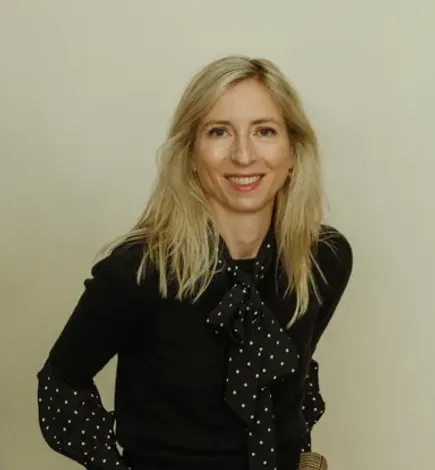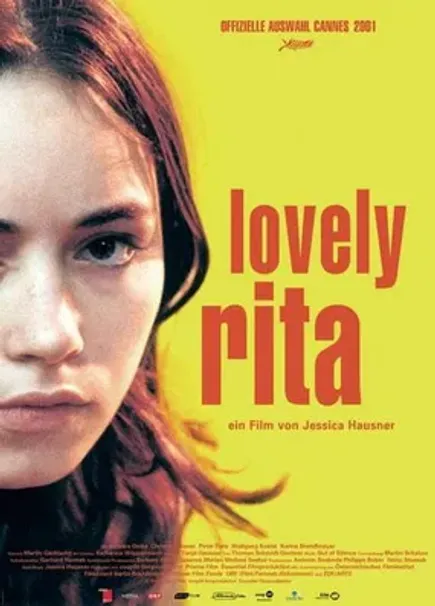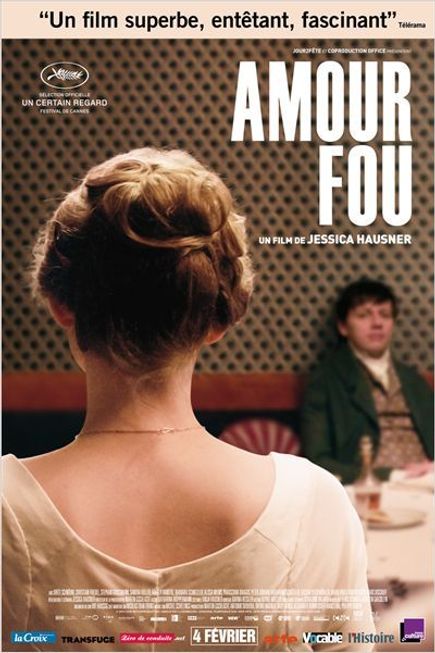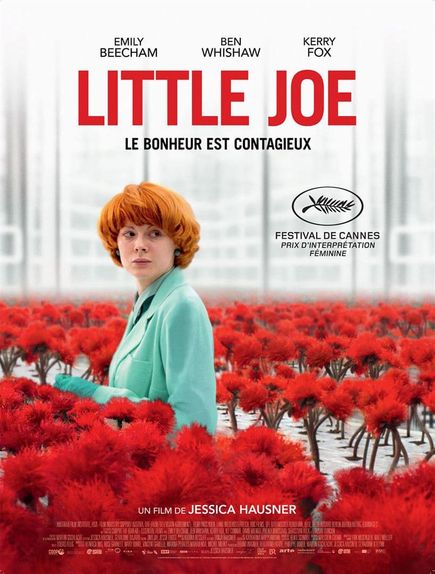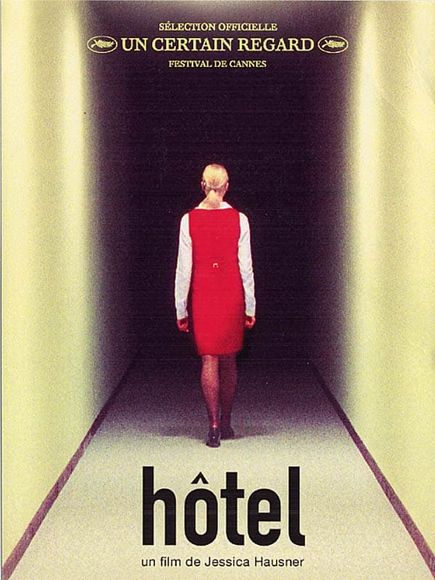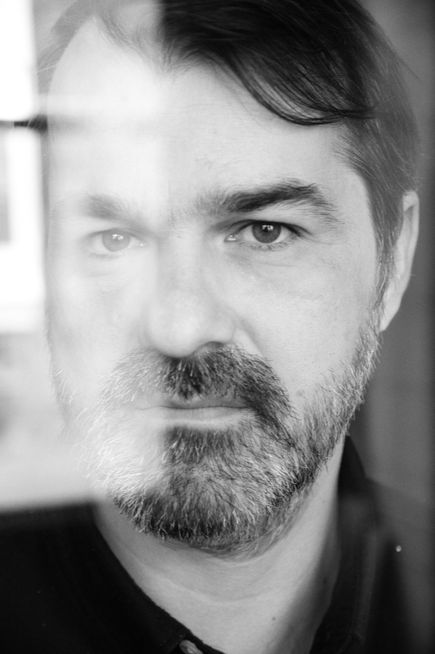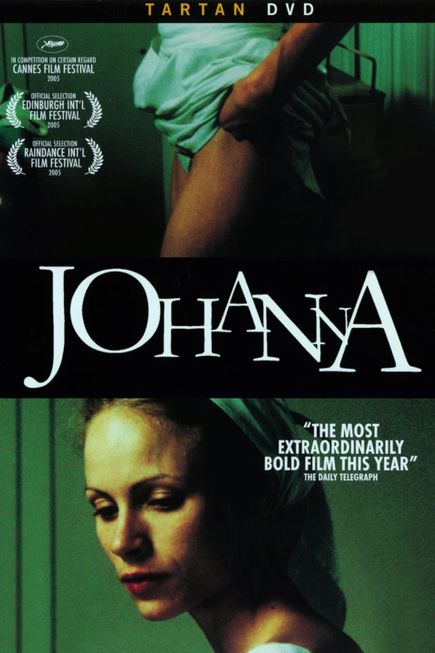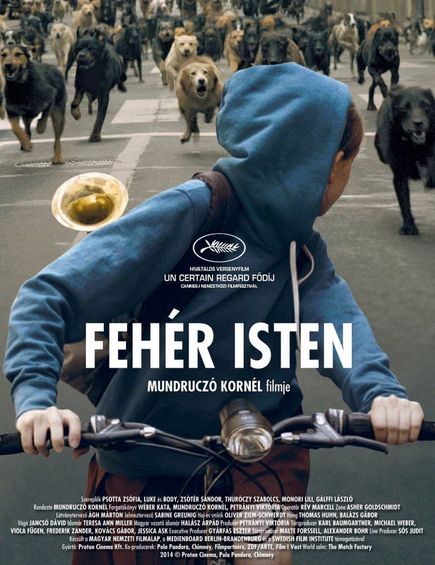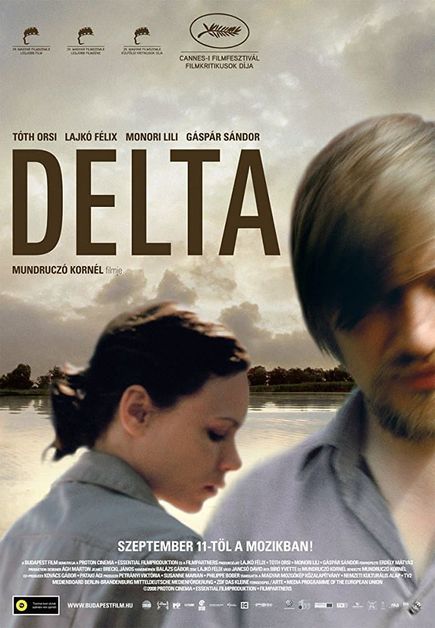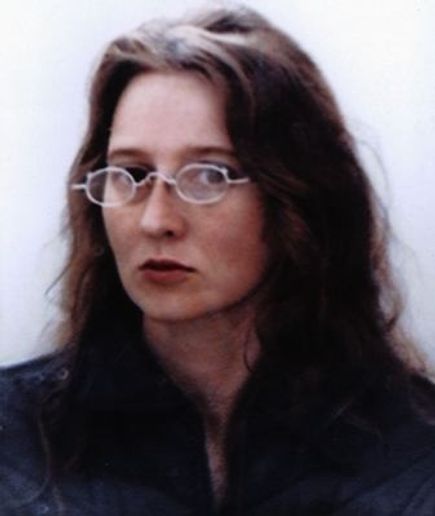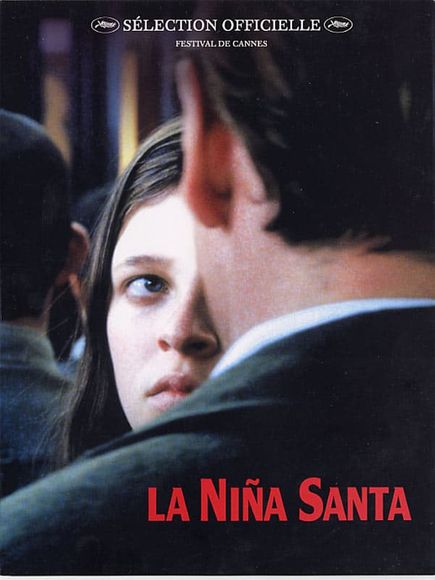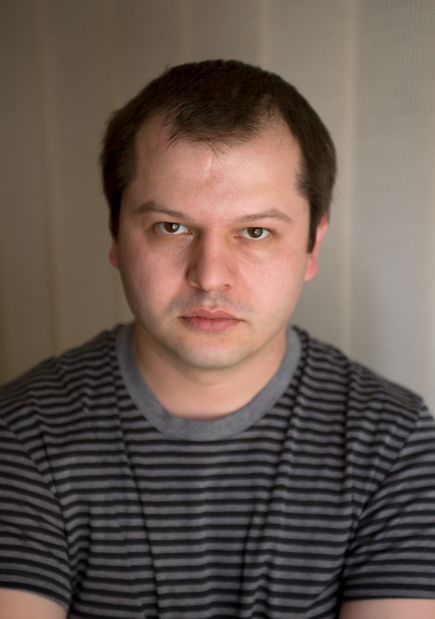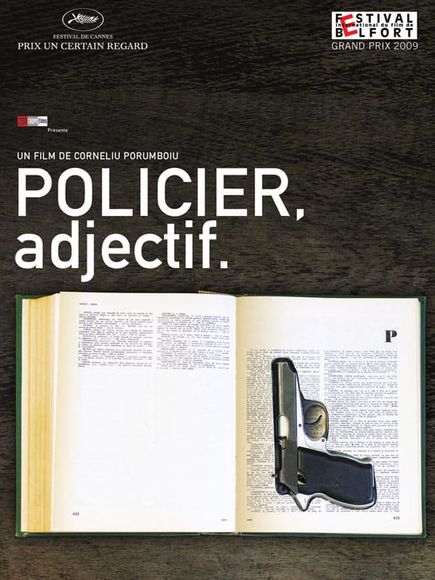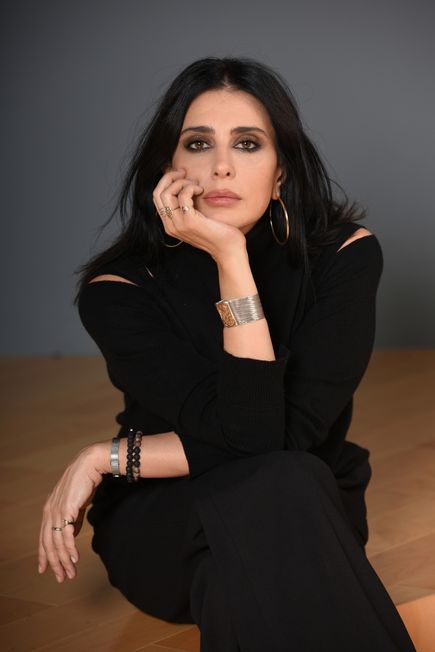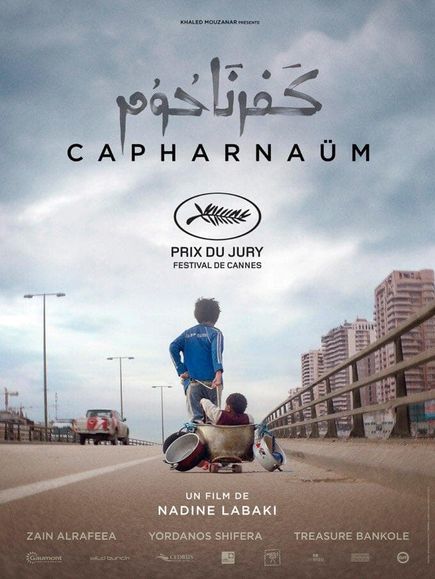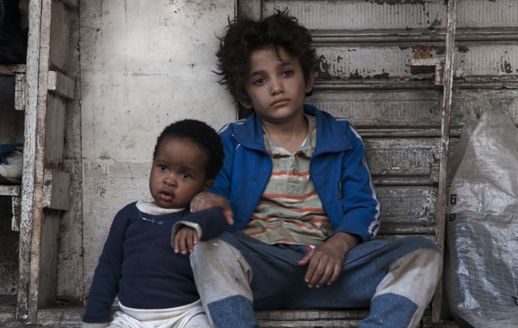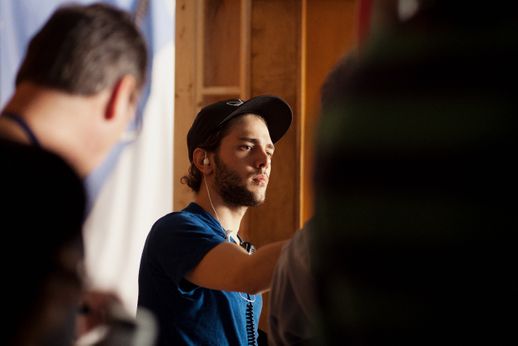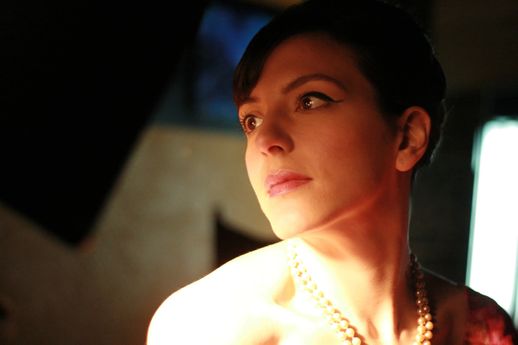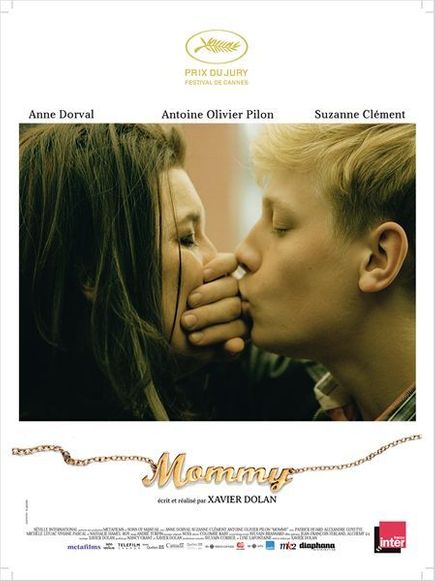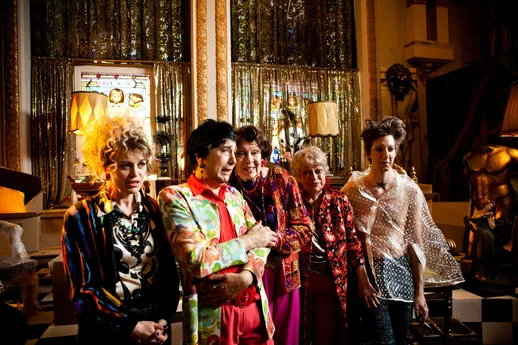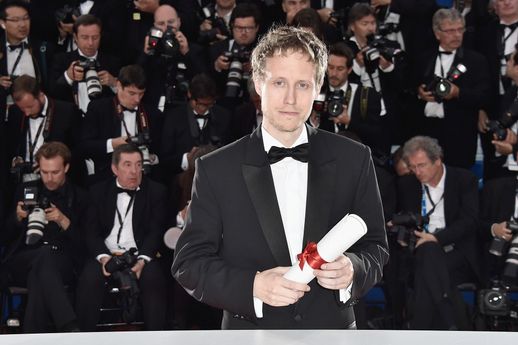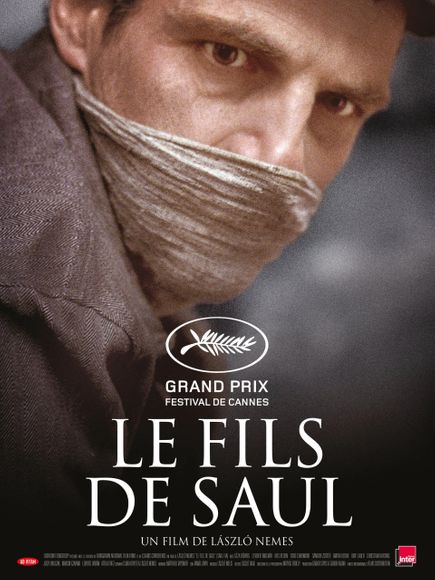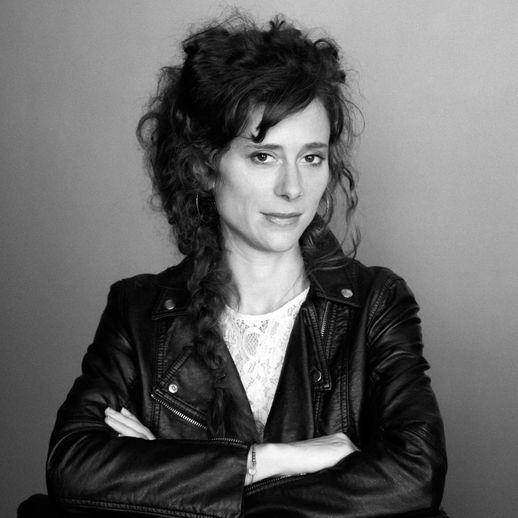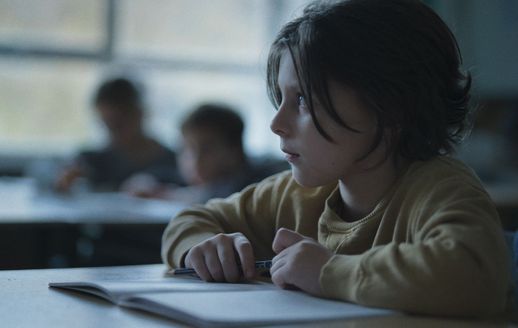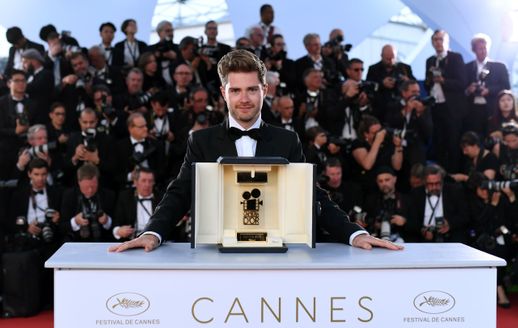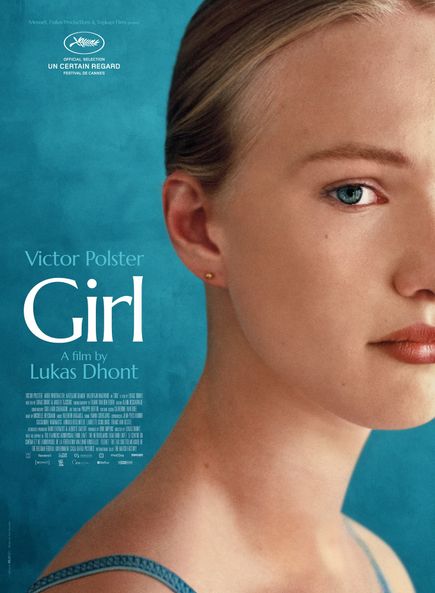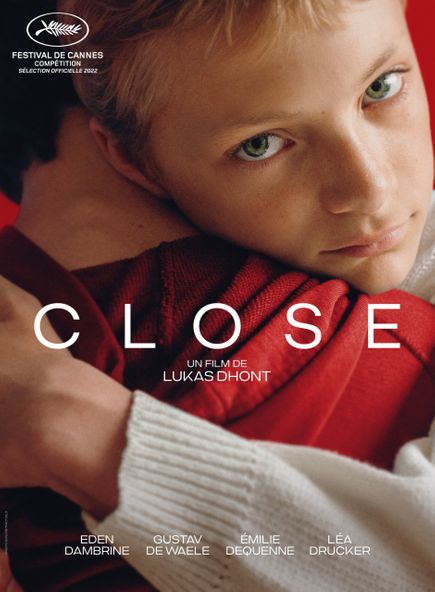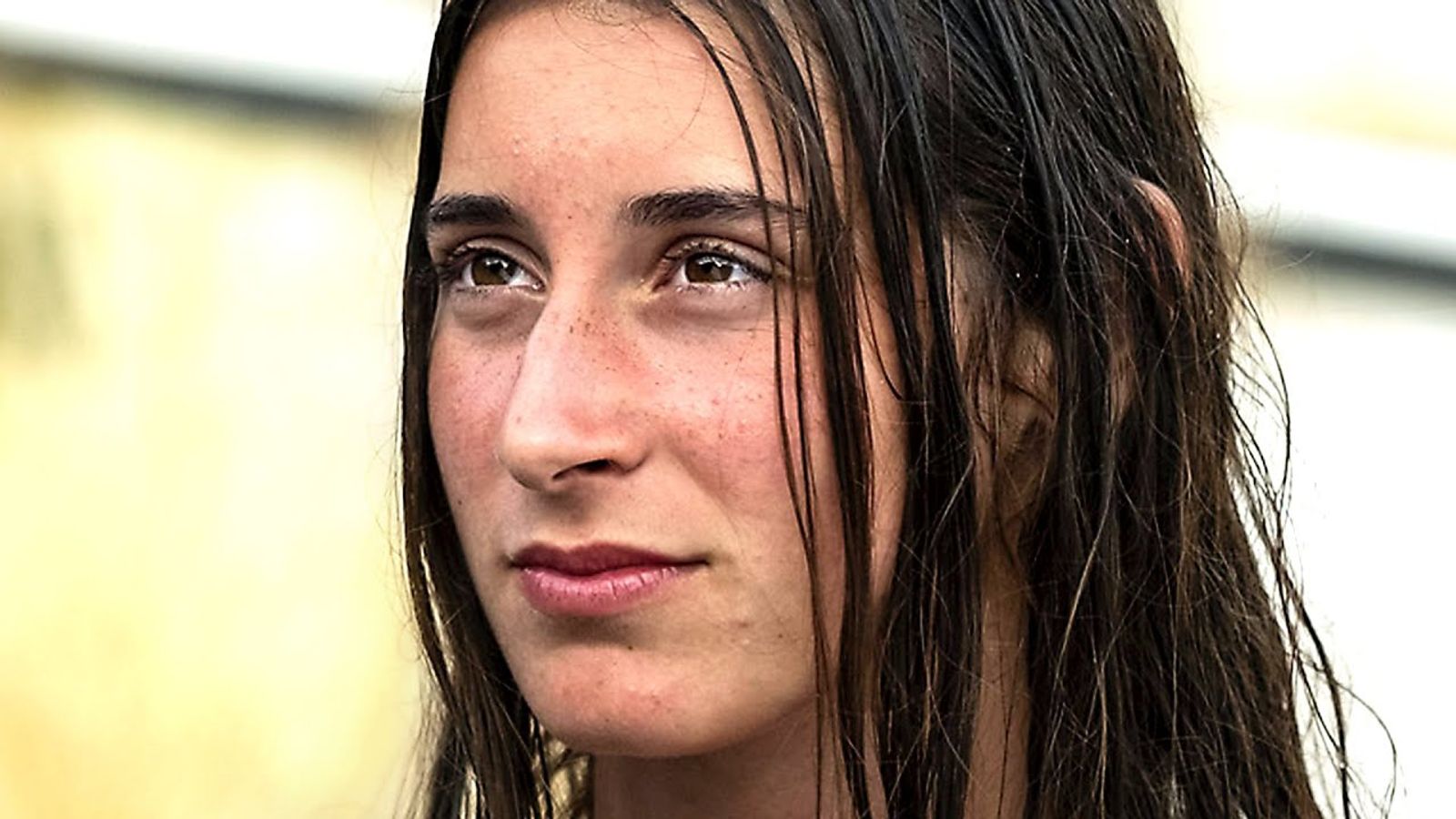1999’s graduate film Inter-View by Jessica Hausner, who studied under filmmakers such as Michael Haneke, received a Special Mention from the Jury from the CINEF (formerly Cinéfondation) jury. The director became a regular at the Festival, treating audiences to Lovely Rita (2001), Hotel (2004) and Amour Fou (2014) in the Un Certain Regard section. In 2019, her fifth film, Little Joe, was presented in Competition and earnt Emily Beecham the Best Actress Award.
The Festival de Cannes’ Revelations
Ever faithful to its founding ambitions of helping shake up film as an art form around the world, every year the Festival de Cannes acts a springboard for the new generation, coaxing the emerging film talent of the future into the limelight. Over the course of its history, the institution has ensured many filmmakers have gone on to enjoy international acclaim, by “showcasing different styles, identities, cultures and geographies”. We take a quick look at this approach to fostering diversity with 10 names that made their début at Cannes in the early 2000s.
The relationship between Kornél Mundruczó and the Festival dates back to 2003, when his graduate film Kis Apokrif n°2 was presented at the CINEF (formerly Cinéfondation). He went on to return to the Festival with many of his feature films: Johanna (Un Certain Regard, 2005), Delta (Competition, 2008), Tender Son – The Frankenstein Project (Competition, 2010). Ten years after he was first selected, the director won the Un Certain Regard Prize for his visionary Fehér Isten (2014).
Selected to take part in the third session of the Festival’s Résidence, Argentinian filmmaker Lucrecia Martel spent her time there working on her second film, following on from her noteworthy La Ciénaga. Co-produced by Pedro Almodovar, La Niña Santa is a “tale about good and evil”, and was presented in Competition at Cannes in 2004. Today, the director is considered one of the figureheads of Argentina’s New Wave.
Corneliu Porumboiu landed on the Palais des Festivals’ red carpet for the very first time back in 2004, with his short film Calatorie la oras winning the second CINEF prize (tied). The following year, he was selected for the Festival’s Résidence. He used his time there to put the finishing touches to his first feature film, 12:08 East of Bucharest, which was shown at the Directors’ Fortnight in 2006 and won him the Caméra d’Or. His follow-up film, Police, Adjective, is a biting snapshot of Romanian society that was awarded the Un Certain Regard Jury Prize in 2009. He was invited to sit on the Cinéfondation and short films jury chaired by Michel Gondry for the 64th edition of the Festival de Cannes.
Promising Lebanese director Nadine Labaki was part of the ninth Festival Résidence in 2004-2005. She spent her time here writing and polishing her first feature film, Caramel, which was presented at the Directors’ Fortnight in 2007 and emerged as Lebanon’s biggest ever smash hit with international audiences. In 2018, the filmmaker sparked a stir in Competition with Capharnaüm, a social drama that focuses on street children in her home country. The film saw the jury chaired by Cate Blanchett award her the Jury Prize.
Xavier Dolan made his début in Cannes back in 2009, with his first feature film I Killed My Mother shown during the Directors’ Fortnight, and receiving a standing ovation as well as three awards. The Croisette wunderkind continued his dizzying rise in the Official Selection with Heartbeats (Un Certain Regard, 2010) and Laurence Anyways (Best Actress Award, Un Certain Regard in 2011). His first film in Competition, Mommy, was awarded the joint Jury Prize alongside Jean-Luc Godard’s Goodbye to Language in 2014. While it may not have won the Palme d’Or, it certainly won top spot in audiences’ hearts and minds. Two years later and the Canadian returned to the Grand Théâtre Lumière screen with It’s Only The End of The World, netting him the Grand Prix.
Hungarian filmmaker László Nemes sky-rocketed to success from his very first feature film: in 2015, Son of Saul was presented in Competition at the Festival de Cannes, winning the Grand Prix before going on to scoop the Golden Globe and Academy Award for Best Foreign Language Film. The screenplay for this extraordinary film about the everyday lives of the Sonderkommando was workshopped in collaboration with French writer Clara Royer at the Festival’s Résidence in 2011.
The Festival de Cannes first met Laura Wandel in 2014, when her short film Foreign Bodies was selected in Competition. Seven years later, the screenwriter and director brought her first feature film, Playground, to Un Certain Regard. This unsettling, edgy film about bullying from a child’s perspective won the FIPRESCI prize and seven awards at the Magritte du Cinéma in Belgium. In 2022, she took part in the Festival Résidence to write her second feature film.
In 2016, Lukas Dhont took part in the Festival Résidence to workshop Another Skin (working title), which would go on to serve as the screenplay for Girl, his début film and an exploration of transformation, identity and dance. The Belgian director’s career took off in 2018, when the film won the Caméra d’Or after having been selected for Un Certain Regard. The feature film was also a dazzling introduction to Victor Polster, who won the Un Certain Regard Award for Best Actor. Close, Lukas Dhont’s second film, recounts the breakdown of a teenage friendship, and won the joint Grand Prix for the 75th edition, alongside Stars At Noon by French director Claire Denis.
Antoneta Alamat Kusijanović took part in a Festival Résidence where she workshopped Murina, her first feature film as a director. This tale of female empowerment was co-produced by Martin Scorsese and won the Caméra d’Or in 2021, promising a bright future for this rising star of the Croatian film scene.
